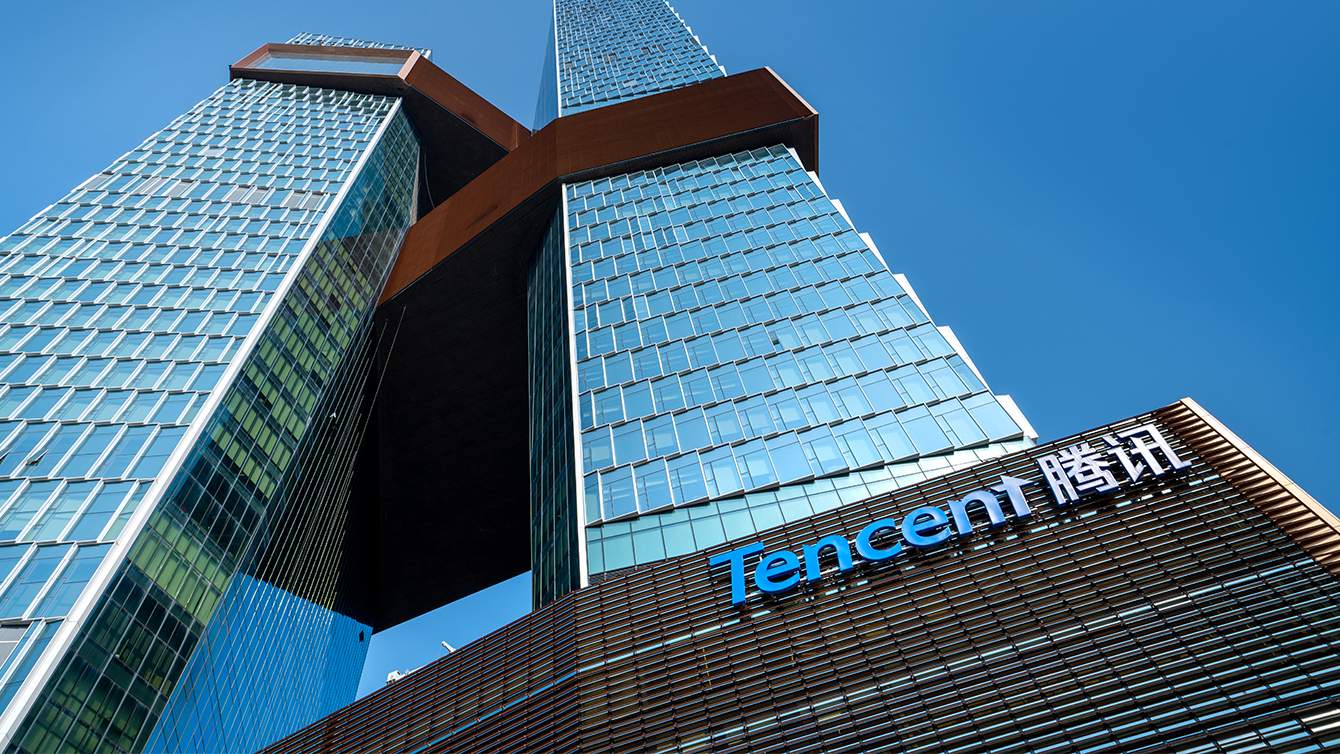
Best Investment Plan in UK for 5 years
Investing for 5 years can be a great way to make some serious money, if you get the strategy right. Whether you’re saving for a deposit, planning for retirement or saving for a child’s future, having the best 5 year investment plan UK is key to balancing risk and reward. This will look at different investment options from high return plans to tax efficient strategies so you can make the right decision for your goals.
Table of Contents
1. Best Investment Plan For 5 years
For a medium term investment horizon you’ll need to focus on plans that offer growth while minimising risk. Some of the best investment plans for 5 years are:
a. Stocks and Shares ISAs
One of the most popular options for UK investors, a Stocks and Shares ISA allows you to invest up to £20,000 per tax year tax free. This plan offers flexibility, ease of access and growth as your investment returns are not subject to capital gains tax or income tax. If you want to minimise tax and benefit from the stock market then this is the one.
Why a Stocks and Shares ISA?
- Tax Free Savings: Your gains and dividends are not taxed so you can maximise your returns.
- Flexible Investments: You can invest in individual stocks, investment funds or exchange-traded funds (ETFs).
- Lower Risk with Funds: If you don’t want to pick individual stocks, investing in funds or ETFs means your risk is spread across different assets.

2. Capital Gains Tax and Tax Free Savings
Understanding capital gains tax is key to tax planning. If your investments grow and you make a profit you may have to pay tax on the gain. But some investment products like ISAs and pensions are designed to protect you from this.
a. Tax Free Savings Accounts
To reduce your tax liability invest through tax free savings accounts like ISAs. The ISA allowance allows UK investors to invest up to £20,000 per year tax free. No tax on interest or capital growth.
b. Capital Gains Tax Rules
If you invest outside tax efficient products you’ll need to watch out for capital gains tax. The annual tax free allowance for 2024-2025 is £12,300 so any profits above this are subject to capital gains tax. Investments in a Stocks and Shares ISA or SIPP are exempt from this tax so are an essential part of any investment plan.
c. Pension Contributions
If you’re investing for retirement, contributions to a pension fund like a SIPP offer tax free growth and tax relief on contributions. Higher rate taxpayers will benefit most from the tax savings with pension funds.

3. Exchange-Traded Funds (ETFs)
Exchange-traded funds (ETFs) are a medium term investor’s favourite to build a diversified portfolio. These funds invest in a wide range of assets including stocks, bonds and commodities so you can get exposure to different markets with lower fees than mutual funds.
ETFs Benefits
- Low Fees: ETFs have lower fees than actively managed funds so are a cost effective choice.
- Diversification: ETFs give you access to a broad basket of assets so you reduce individual company risk.
- Liquidity: ETFs are traded on major exchanges like the London Stock Exchange so you can buy and sell shares easily.
4. Self-Invested Personal Pension (SIPP)
A self-invested personal pension (SIPP) is one of the most tax efficient investment options for retirement. You can take control of your pension investments and have a wide range of assets to choose from including stocks, funds and property.
Why a SIPP?
- Tax Relief: Contributions to your SIPP are eligible for tax relief at your marginal rate so the government will add 20-45% to your contributions depending on your tax bracket.
- Tax Free Growth: Like ISAs, growth in a SIPP is tax free so you won’t pay tax on dividends or capital gains.
- Flexibility: With a SIPP you have more control over your investments than a traditional pension fund.

5. High Return Investment
If you’re willing to take more risk high return investment options can grow your wealth over 5 years. Some of the best investment plans for high returns are:
a. Individual Stocks
Investing in individual companies with growth potential gives the highest returns. But this comes with a lot of risk as stock market volatility can result in losses. Diversify across sectors and do your research.
b. Real Estate Investment Trusts (REITs)
REITs give you exposure to the property market without having to own property. They often provide regular dividend payments and capital growth as property values rise.
c. Venture Capital Trusts (VCTs)
For more experienced investors VCTs allow you to invest in early stage companies. VCTs offer high growth but come with higher risk due to the speculative nature of startup investments. But VCTs also offer tax benefits including income tax relief of up to 30% on investments.
6. Investment Plan for £1000 per month
Investing £1000 per month for 5 years can produce amazing results. Here’s how to do it:
a. Regular Investment Plans
By investing a fixed amount each month you benefit from pound cost averaging which reduces the impact of market volatility. Many platforms offer regular investment plans in funds or ETFs so you can grow your portfolio steadily.
b. Pension Contributions
If you’re looking to invest long term, contributing to a SIPP or other pension fund is a good idea. The combination of tax relief and compound growth over time makes this one of the best ways to grow your wealth.

7. Investment Risks and Market Volatility
Investing can grow your wealth but you need to be aware of the risks. The value of investments can go up and down due to market movements and you can always lose money. Balancing your portfolio with a mix of low risk and high risk investments is key to managing volatility.
a. Diversification
Invest across different asset classes to reduce risk. This can include stocks, bonds, ETFs and real estate.
b. Regular Income vs Growth
Decide if you want your investments to provide regular income (through dividends or interest payments) or capital growth through rising asset values. Some investments like REITs or dividend paying stocks offer both.
8. Tax Efficiency and Financial Planning
Investing over 5 years requires you to have a good understanding of the UK tax rules to get the most out of your investments. Use ISAs and pensions to shelter your investments from income tax and capital gains tax.
a. Seek Financial Advice
For more complex financial situations or large sums of money consider working with a financial adviser who can help you tailor your investment strategy to your individual circumstances.
b. Use an Investment Calculator
An investment calculator will help you see how much your investments will grow over 5 years, including contributions, expected returns and inflation.
Conclusion: Investment Plan for 5 years
Whether you’re investing in Stocks and Shares ISAs, ETFs or SIPPs the best investment plan for 5 years for you depends on your goals, risk tolerance and tax situation. With a range of options from tax efficient investments to high return strategies careful planning and diversification is key to achieving your financial goals. Consider your goals, do your research and use tax efficient products like ISAs and pensions to get the most out of your investments.
FAQs
- What’s the best investment plan for 5 years?
Stocks and Shares ISA is a good option because it’s tax free and you can invest in stocks, funds and bonds. - How do I avoid capital gains tax on my investments?
Investing in tax free savings accounts like ISAs or SIPPs means your profits are sheltered from capital gains tax. - Is a SIPP a good investment for 5 years?
Yes if you’re saving for retirement. A SIPP offers tax benefits and control over your pension investments. - Are ETFs a good option for 5 years?
Yes they’re diversified and low cost and suitable for medium term.






Comments: 0